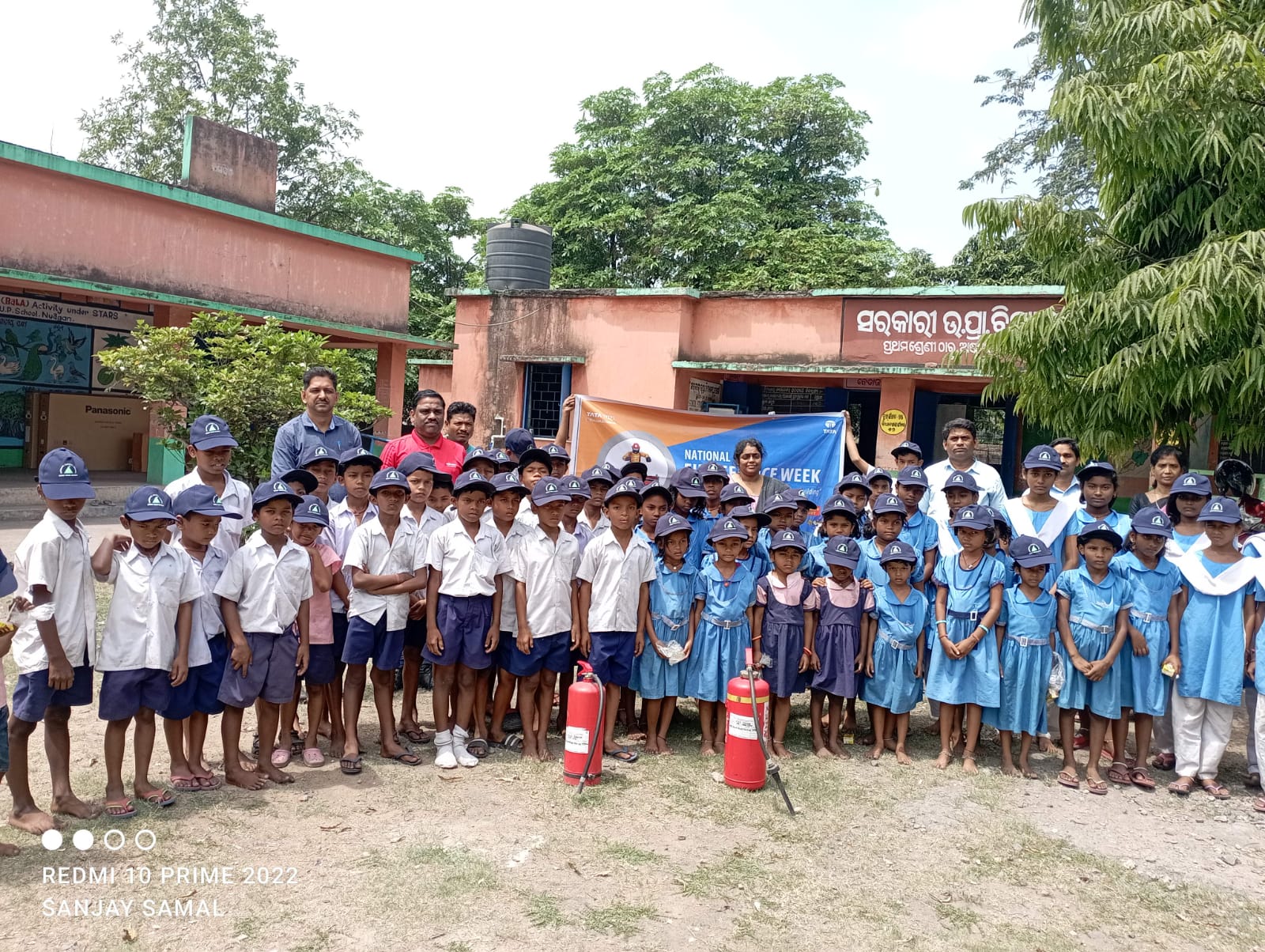Back to the RFP/EOI Listing
Post a RFP/EOI announcement
Advertise with us
Online store

Subscribe our Weekly Newsletter
More RFP/EOI
---------------------------------------------
RFP - District level Baseline and Ecosystem mapping of Post-harvest loss (PHL) management needs in the Apple value chain in Himachal Pradesh

Organization: SELCO Foundation
Apply By: 06 Dec 2022
District level Baseline and Ecosystem mapping of Post-harvest loss (PHL) management needs in the Apple value chain in Himachal Pradesh.
About SELCO Foundation (SF):
SELCO Foundation (SF) seeks to inspire and implement socially, financially, and environmentally inclusive solutions by improving access to sustainable energy. SELCO Foundation’s key objectives are:
- Systematically identify diverse needs of the poor, understand and define the role of sustainable development, poverty alleviation, and decentralized energy.
- Create and deploy innovative solutions that positively impact the well-being, health, education, and livelihoods towards the alleviation of poverty
- Foster the development of enabling conditions or an ecosystem through holistic thought processes in technology, finance, entrepreneurship, and policy.
SELCO Foundation focuses on the nexus of energy for development, including well-being, healthcare, livelihoods, disasters, and so on.
Background:
India’s apple production is the fourth most important fruit crop after mango, citrus, and banana. the main Apple producing states Himachal Pradesh, Jammu & Kashmir, and Uttarakhand of India fall under the western Himalayan Agro-climatic zone. as the name suggests itself this agro-climatic zone is of Himalayan mountains with altitude ranges from 3000 to 10000 ft on MSP. Himachal Pradesh is the second largest apple producer in India and ~ 90% of its produces are sold in the domestic market.
The post-harvest losses of apple alone account for more than 15%. The levels of losses increase as the altitude increases. The reason is not so surprising in high altitude terrains the infra and other facilities are poor. Especially the storage and transportation facilities. Other ranges of issues include limited technical know-how on good agricultural practices, imperfect market knowledge, Inadequate market access, and less involvement in the value addition process. In the absence of proper storage facilities, farmers of perishable commodities such as fruits and vegetables have been rendered devoid of their livelihoods in both the immediate and the long term.
The mere deployment of the solution does not enable stakeholders to effectively utilize the solution. The enabling ecosystem around the solution needs to be strengthened through the required training and capacity building to ensure utilization and create robust business models by establishing strong market linkages.
Within the agriculture vertical, post-harvest loss management has emerged as one of the primary priorities for the organization in terms of building replicable and scalable models across different geographies. The aim is to create replicable models to diversify income and reduce Agri wastage in the country.
Scope of work:
Feasibility study & end-user profiles:
- Minimum 50 End user identification
- Feasibility study & User profile of minimum 20 eligible end users for technology interventions - Focusing on all PHL interventions such as Cold storage, Sorting/Grading machines, Dryers, etc,. The study should include the business models and impact of the proposed DRE intervention.
Training & Roundtable:
a. Development of the 2 training module
- Technical - Focusing on technology awareness, working, & O&M practices.
- Non-Tech - Focusing on the business model, financing options, benefits, etc., b.Organizing cluster-level training programs focusing on training ~500 Individual farmers, financiers, government, Institutes, and other relevant stakeholders. - In collaboration with SF
c.1 No’s of State level round table discussions among the relevant stakeholders.
Focused Districts: Kullu, Shimla, and Mandi.
Indicative methodology:
Combination of primary/secondary research, Surveys/ questionnaires, key informant interviews, consultation, analysis
Expected Timeline: 4 Months (From the time of engagement, preferably from Dec 2022)
Expected Deliverables:
Feasibility study & end-user profiles:
- Data of 50 identified end-user (Longlist) - Includes
- Livelihood and Socio-economic profile of farmers
- Production and Business Model
- Access to Market and Credit
- Feasibility study report & User profile of a minimum of 20 eligible end users
- Livelihood and Socio-economic profile of farmers
- Production and Existing and proposed Business Model
- Access to Market and Credit
- Value addition Scenario
- Cash Flow
- Impact
- Climate risk and Vulnerability 2.Training & Roundtable:
2 No’s a training module
- Technical - Focusing on technology awareness, working, & O&M practices.
- Non-Tech - Focusing on the business model, financing options, benefits, etc.,
Organizing cluster-level training programs focusing on training ~500 Individual farmers, financiers, government, Institutes, and other relevant stakeholders. - In collaboration with SF iii.1 No’s of State level round table discussions among the relevant stakeholders
Process:
Interested consultants / organisations, with relevant experience and based out of India are requested to reach out with a detailed proposal giving a brief on the methodology and the process they will uptake for this project, including budgets (with break-ups and explanation), timelines and milestones and send the same to apply@selcofoundation.org &gouse@selcofoundation.org in cc with a subject line: “District level Baseline and Ecosystem mapping of Post-harvest loss (PHL) management needs in the Apple value chain in Himachal Pradesh.” on or before 6th of December 2022.
Checklist:
- A proposal outlining the methodology, approach, milestones, and budget; (max. 4 pages)
- Organizational profile and past experience relevant to this project
- CVs of project personnel
Latest Online Store
Latest Grants
© Renalysis Consultants Pvt Ltd


























